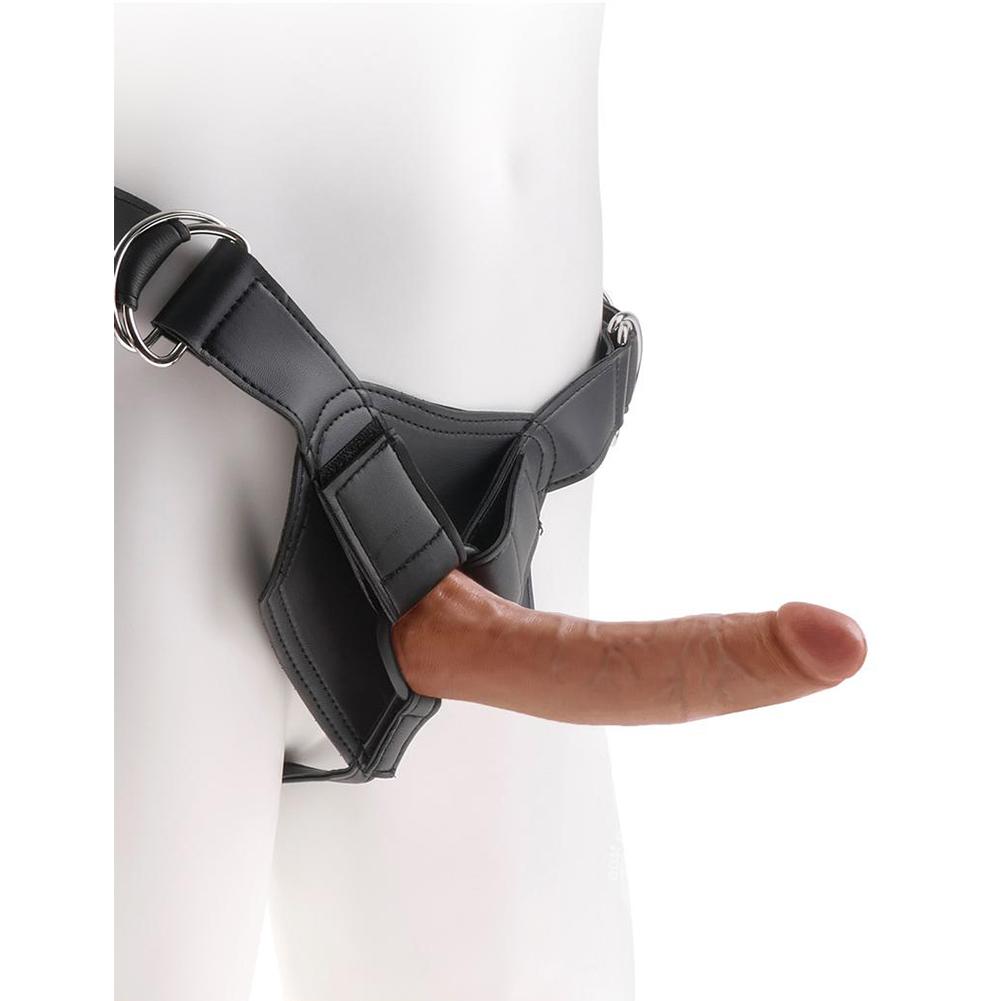Cracking the Code of Love: Discover Your Unique Attachment Style
 In the complex tapestry of modern relationships, understanding the psychological nuances has become crucial. An expert in attachment theory, psychologist Ritika Bhutani, says that the impact of early childhood experiences offer profound insight on adult connections in the 21st century. Attachment styles, ranging from secure, to anxious, avoidant, and disorganized, act as blueprints for emotional responses in relationships. Experts have found that it is these emotional responses that shape our connections with a basis in the experiences of our formative years.
In the complex tapestry of modern relationships, understanding the psychological nuances has become crucial. An expert in attachment theory, psychologist Ritika Bhutani, says that the impact of early childhood experiences offer profound insight on adult connections in the 21st century. Attachment styles, ranging from secure, to anxious, avoidant, and disorganized, act as blueprints for emotional responses in relationships. Experts have found that it is these emotional responses that shape our connections with a basis in the experiences of our formative years.
1. Secure Attachment
Akin to a sturdy foundation, a secure attachment style fosters trust and open communication. Those with secure attachment styles, in some cases, had caregivers who consistently met emotional needs. Striving for a secure attachment style creates a foundation for an enduring connection.
2. Anxious Attachment
Anxiously attached individuals may have experienced inconsistent caregiving. This attachment styles craves reassurance and exhibits a persistent fear of abandonment. Relationships with an anxious attachment style may fluctuate with emotional highs and lows.
3. Avoidant Attchament
The avoidantly attached often seeks safety in independence and may have difficulty with emotional intimacy. Stemming for experiences with a caregiver who was dismissive of their emotional needs, avoidant attachments have difficulty opening up.
4. Disorganized Attachment
Born from inconsistent caregiving, disorganized attachment style presents a complex blend of confusion. This combination of anxious and avoidant attachment style leaves potential for trust issues and fear of rejection.
@megjosephson attachment styles in relationships 😮💨#therapist #therapytiktok ♬ ChooseYourCharacter By Jim Walter - Katie
Bhutani emphasizes that recognizing and evolving attachment styles through self-awareness, communication, and professional guidance equips individuals with the tools necessary to navigating complexities. Analyzing your own attachment style and mending your emotional wounds will help to foster a stronger and healthier connection for a fulfilling future.
Attachment styles in relationships can change over time. While attachment styles are often formed in early childhood and tend to be relatively stable, they are not set in stone.
Life experiences, personal growth, therapy, and positive relationship dynamics can contribute to shifts in attachment patterns. For example, individuals with insecure attachment styles may develop more secure attachments through supportive relationships and personal development. Similarly, major life events, such as a breakup or loss, can impact attachment styles, potentially leading to changes in how individuals approach relationships.
It's important to note that change is a gradual process, and individuals may exhibit a blend of attachment characteristics rather than a complete shift from one style to another. Additionally, self-awareness and a willingness to work on personal growth can play significant roles in fostering positive changes in attachment styles.
References:
Dutt, T. (2023, November 27). Decoding Modern Love: Understanding Relationship Attachment Styles And Impact Your Dating Life- Psychologist Shares. Retrieved December 20, 2023, from https://zeenews.india.com/relationships/decoding-modern-love-understanding-relationship-attachment-styles-and-impact-your-dating-life-psychologist-shares-2692698.html









